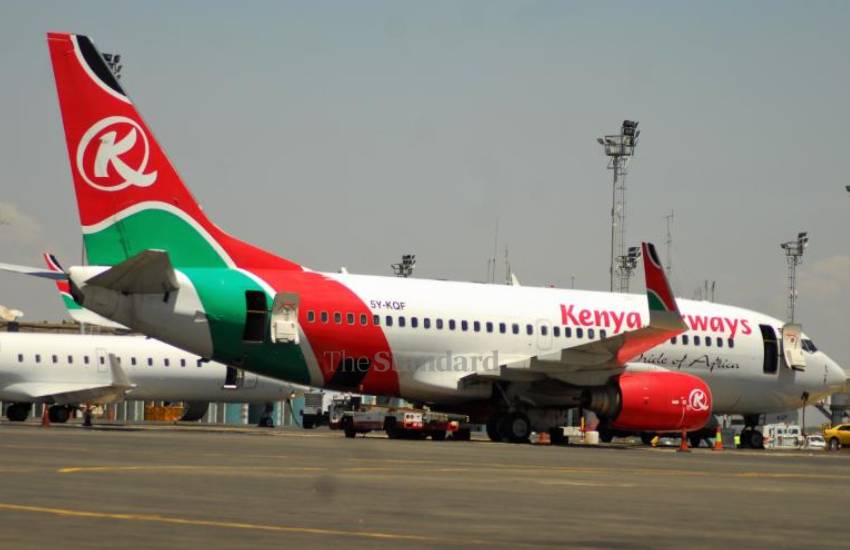×
The Standard e-Paper
Kenya’s Boldest Voice

Kenya Airways is in talks with its lenders to extend moratoriums on repayment of loans, with demand in the aviation industry still heavily affected by the pandemic.
The airline expects its revenues to remain subdued this year.